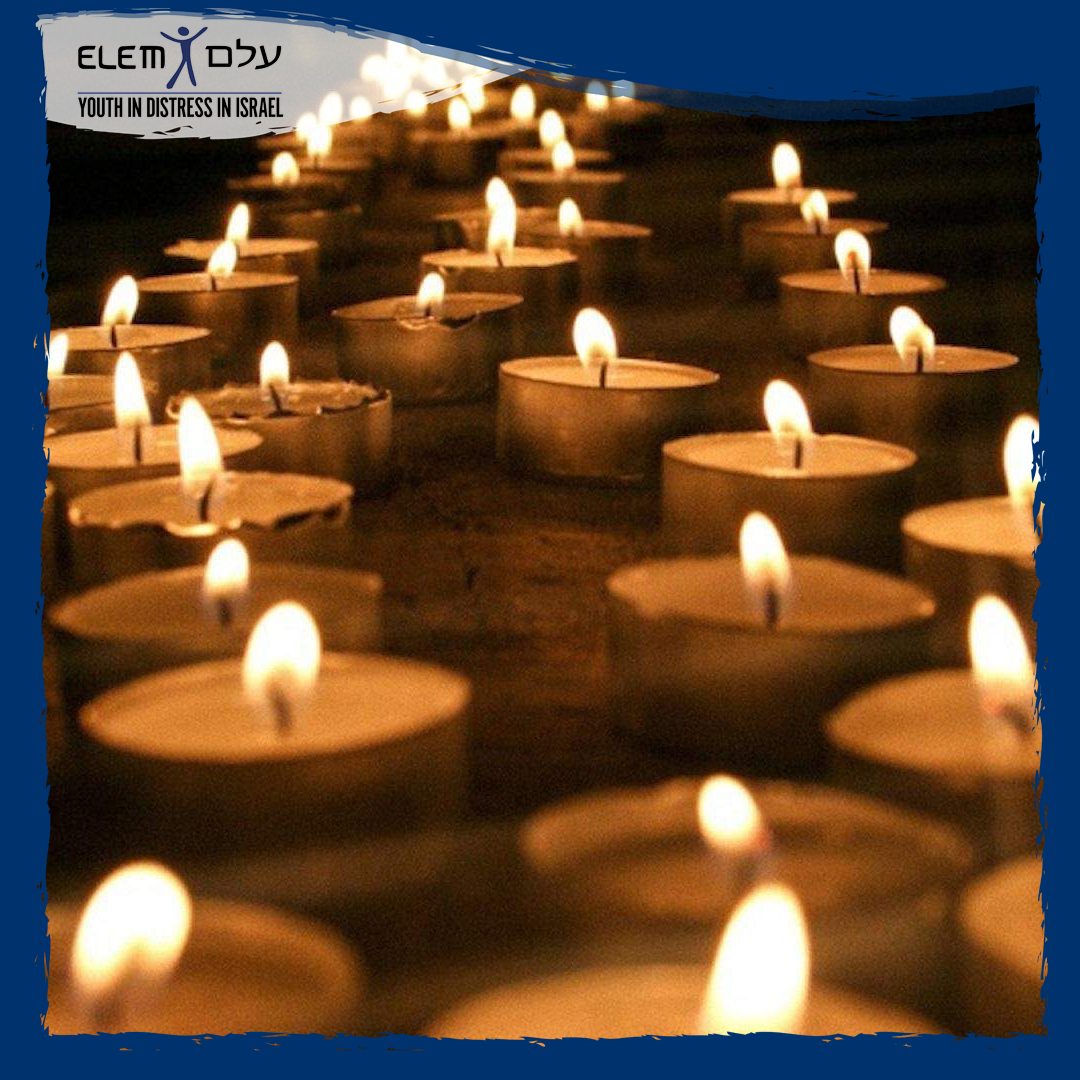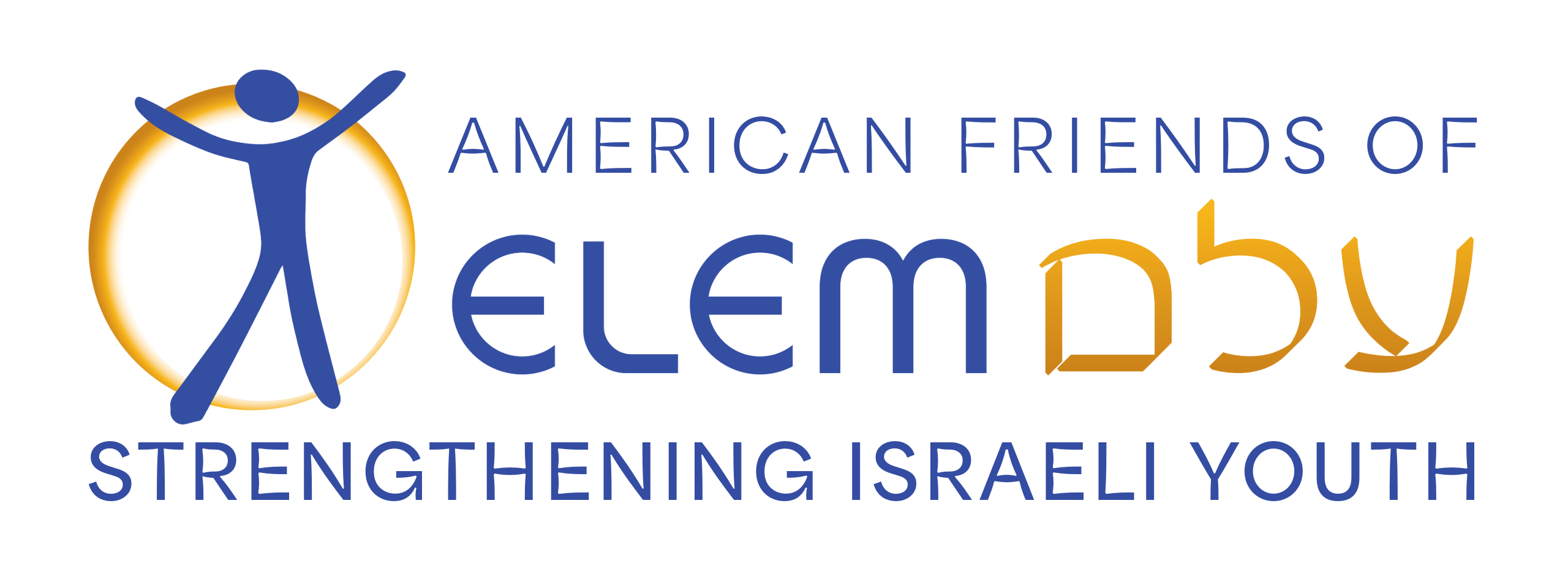On this Yom HaZikaron honoring the Fallen Soldiers of the Wars of Israel and Victims of Terror, we’d like to share Sarri Singer’s powerful story in her own words. Sarri was on Bus #14 in 2003 when it exploded in Jerusalem.
She is a dear friend of ELEM’s, and we’re grateful for the opportunity to share her story with you all. Sarri took the trauma she experienced and turned it to something good, something healing.
Sarri’s story is also a lesson about how a sense of community and support from individuals and organizations can be a saving grace.
Content warning: terror attacks and trauma.
Sarri, thank you for sharing.
The day that terror changed her life
On June 11, 2003, I boarded bus #14 to meet a friend for dinner in Jerusalem and barely escaped with my life. That day I became a victim of terrorism…and my life changed forever.
It is almost 20 years since that horrific attack, but the memories are with me each and every day. When I close my eyes, I can see everything, the smallest details are etched in my mind. As I boarded the bus and we moved to the next stop I saw two empty seats in the front section and decided to sit down but instead of taking the aisle seat as usual, I moved in next to the window, a choice that I now know saved my life.
I remember the sounds of crushing metal and feeling a shockwave as the explosion tore through the bus. I remember immediately shutting my eyes, an instinct that saved my sight. And the moment of eerie silence that followed the blast – a silence so frightening, silence of those who were dead in every seat around me.
“I will never forget the kindness and love that was shown to me by those I had known my entire life and by those whom I had never met.”
I screamed. I screamed so loud that a stranger who had heard the blast from three blocks away, heard my cries and ran toward the burning mangled bus and pulled me out. I will never forget the old woman who stood by my side holding me as I was burned, bleeding and frightened. I will never forget the kindness and love that was shown to me by those I had known my entire life and by those whom I had never met. My injuries were extensive. Shrapnel went through my left shoulder breaking my clavicle bone, both my eardrums were blown from the impact of the blast, my hair was burned, my face burned and bruised, my legs badly cut, I have two pieces of shrapnel in my mouth that are inoperable, and I know that I am lucky. I found out two days later that everyone seated and standing next to me did not survive. Just two people had stood between me and the terrorist, a teenage boy who was indoctrinated by Hamas to strap on a suicide belt and blow up a bus of innocent civilians.
Finding strength after surviving a terror attack
Not a day goes by where I don’t think about the experience of surviving one of the largest bus bombings in Israel. A short bus ride to meet a friend for dinner became a nightmare I’ll never forget and never get over.
It is almost 20 years since the horrific terrorist attack that I survived. From that experience, I founded a non-profit organization, Strength to Strength (www.stosglobal.org), established to support victims of terrorism globally with long-term peer to peer support and create a supportive environment for all victims of terrorism. We have a global network of organizations working with victims of terrorism which has given us the ability to connect victims from all different backgrounds, countries and religions who have been directly impacted by terrorism. Our focus is on healing, both physically and psychologically, empowering and moving forward.
It’s difficult to find anything positive or a sense of meaning in an act of terror, but bringing victims of terrorism together globally is critical to healing. Terrorism has many side effects. Many hesitate to seek mental health treatment out of shame. Survivors often wait years to receive help, while others never receive treatment at all. Untreated post-traumatic symptoms have tremendous mental health implications which can lead to poor physical health including but not limited to shock and numbness, intense emotion, fear, guilt, anger, resentment, inability to resume normal activities, delayed reactions and loneliness besides the physical symptoms of distress and the list of possible physical injuries is far too long. People may also avoid situations that remind them of the trauma or have intense feeling of anxiety they didn’t have before.
“Terrorism can also be a very isolating experience.”
Terrorism can also be a very isolating experience. Suddenly you can feel very alone even in the most intimate of relationships. Experiencing a violent and sudden attack makes you feel vulnerable in a way that other survivors understand intuitively and when survivors meet, the bond is instant and long lasting. The power of Strength to Strength is its ability to understand victims and provide the most effective kind of healing for victims and family members, through peer support and understanding. While some wounds are more visible than others, we all carry them wherever we go. It’s only in a room of survivors that everyone understands, the wounds we wear are our badges of courage.
Strength to Strength and ELEM have so much in common. While the trauma and mental health issues might stem from different situations, the reactions and side effects are similar. It is important that our organizations are able to continue to do the important work we do in helping so many people dealing with mental health issues, especially young people.
I had no control over what happened to me that day, but I do have control over how I live my life going forward and choose to live that life showing the opposite of what that day was all about – showing love and kindness instead of hate. Life is too short to repay destruction with destruction.
It is important that we all realize that we have control over our situations and no matter what you have been through, support from organizations like Strength to Strength and ELEM are vital in making sure that those impacted have the tools they need to be able to choose a meaningful and productive future.




